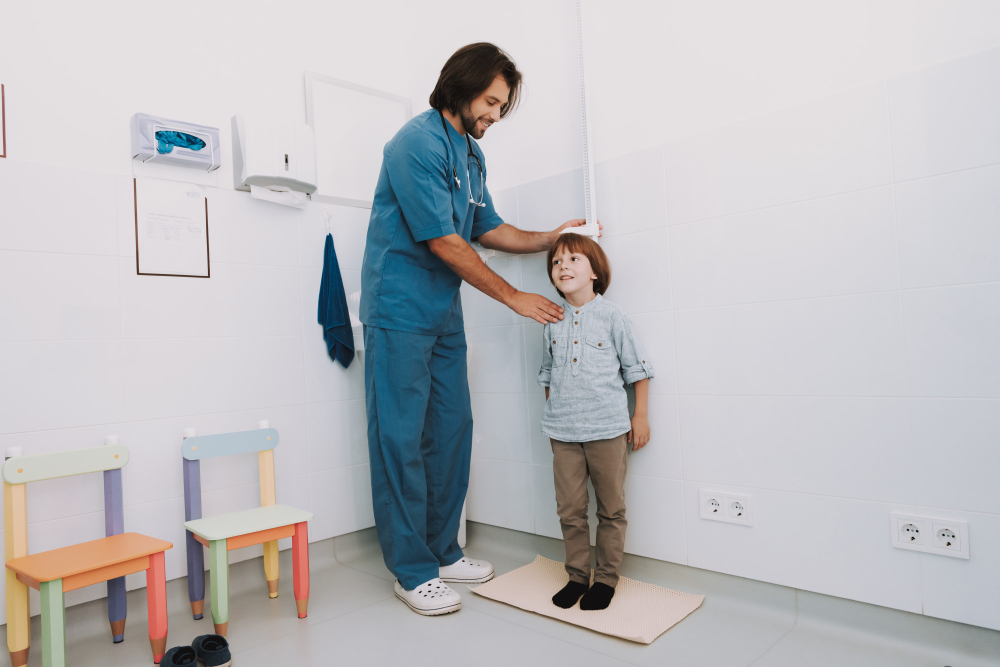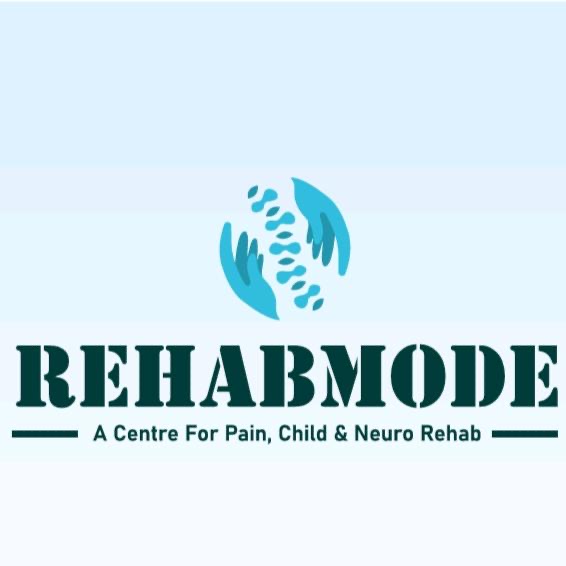Pediatric Rehabilitation

1. Specialized Care for Developmental Challenges:
- Pediatric rehabilitation addresses a spectrum of conditions affecting infants, children, and adolescents, including congenital disabilities, developmental delays, and injuries.
- Rehabilitation interventions focus on promoting optimal development, enhancing mobility, improving communication skills, and fostering independence in daily activities.
- A multidisciplinary team of specialists, including pediatric physiotherapists, occupational therapists, speech-language pathologists, and pediatricians, collaborates to provide individualized care tailored to each child’s unique needs.
2. Family-Centered Approach and Support:
- Recognizing the crucial role of families in a child’s rehabilitation journey, pediatric rehabilitation emphasizes a family-centered approach.
- Parents and caregivers are actively involved in goal setting, treatment planning, and therapeutic activities to ensure continuity of care and support at home.
- Education, counseling, and community resources are integral components of pediatric rehabilitation, empowering families to navigate challenges and advocate for their child’s well-being beyond the clinic setting.
3. Early Intervention and Long-Term Outcomes:
- Early intervention is key to maximizing the potential for positive outcomes in pediatric rehabilitation.
- By addressing developmental delays and disabilities at an early age, therapy interventions can help mitigate limitations, improve functional abilities, and optimize long-term independence and quality of life.
- Pediatric rehabilitation not only focuses on immediate rehabilitation needs but also emphasizes the importance of ongoing monitoring, support, and transition planning as children transition through different developmental stages into adulthood.



